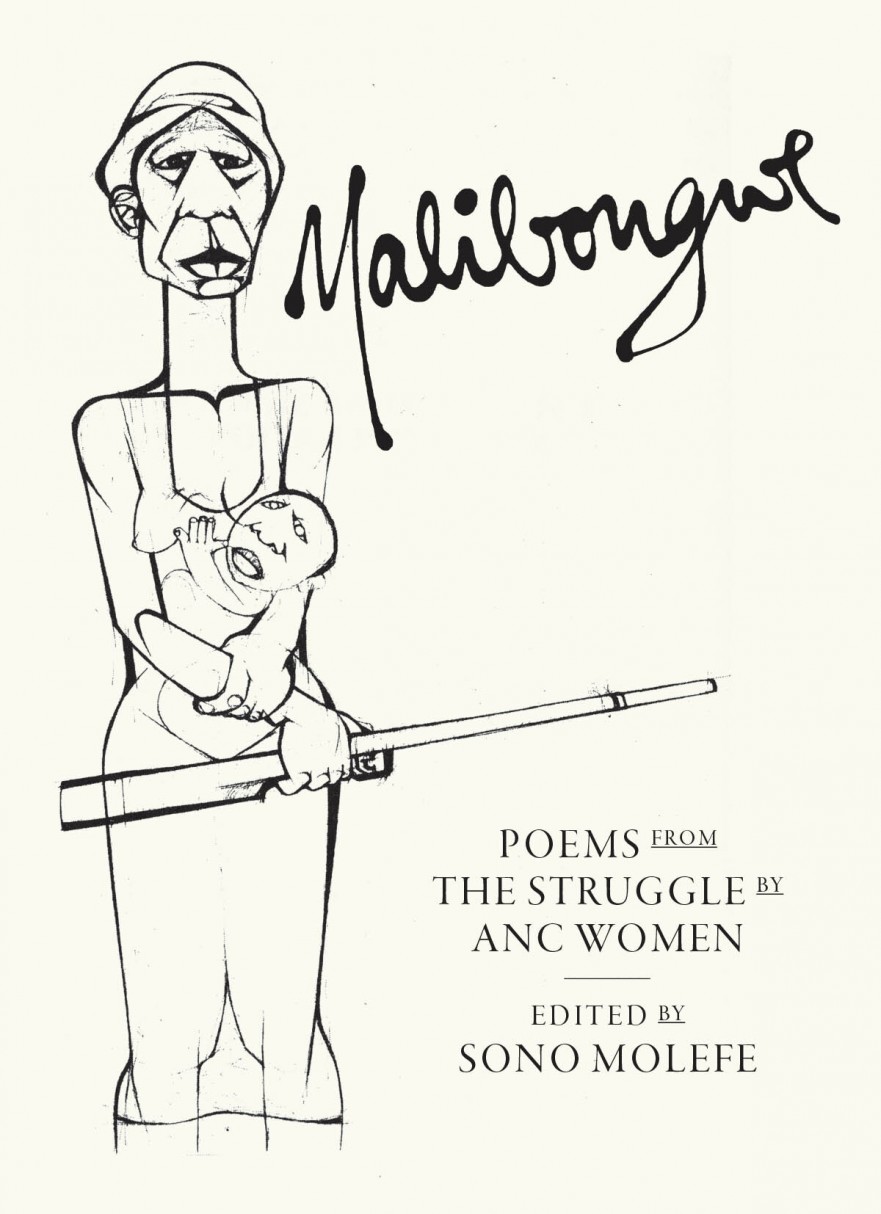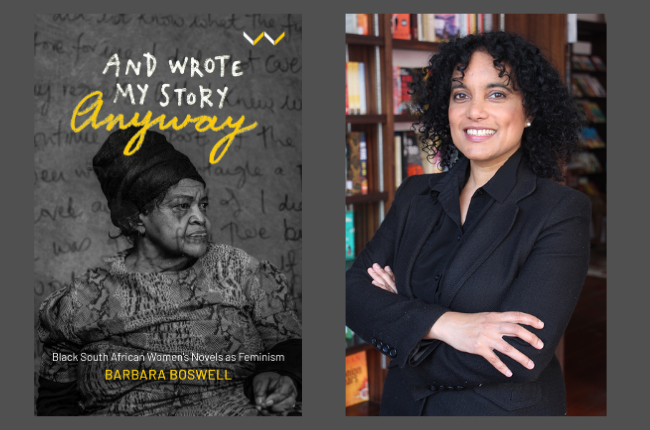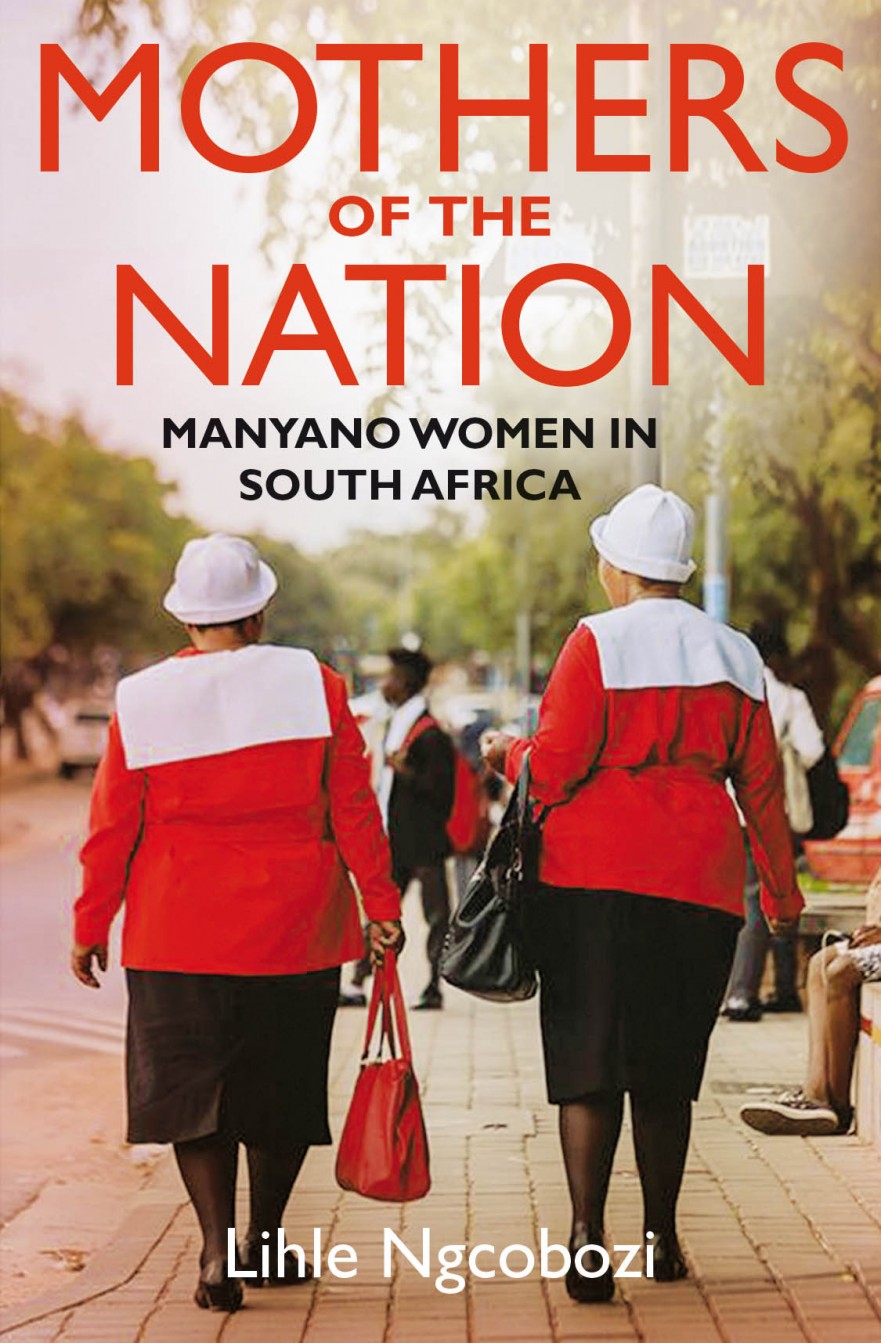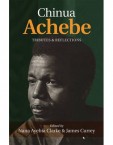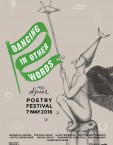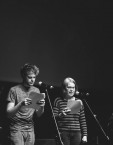Take a look at the latest posts:
- The language of anxiety by Sam Adair
- A walk through Stellenbosch
- A Walk Through Stellenbosch
- An Imposter Walks Through Stellenbosch in a Paranoid Fever Dream
- E-mediation: a collection of poems by Rebecca Robinson
- Abdulrazak Gurnah’s Nobel Prize for Literature: Read Tina Steiner in ‘The Conversation’
- “What happens after the fire?” Years of Fire and Ash: an interview with Wamuwi Mbao
- The steel structure on the corner of Merriman and Bird street
- The wanderings of a lonely sojourner in quiet suburbia
- And Wrote My Story Anyway, Barbara Boswell
- Malibongwe: poems from the struggle by ANC women
- Within and Without the City: Investigating the role of the city during the COVID-19 pandemic and lockdown – Kristen Harding
- Difficult Women: A Review of ‘Otherwise Occupied’ by Sally Ann Murray
- Mom, I’m a freelancer
- Review of Gaël Faye’s Small Country
- Bodies in Hiding
- ContraPoints on ‘The Aesthetic’
- An Account of One’s Pet
- Finding Fear
- Horror Unspeakable: Life through the Eyes of Lovecraft and Lithium
- Book Times: past, present and future
- Your autobiography isn’t about you
- Alternate Universe in Which I Am Unfazed by the Men Who Do Not Love Me
- Archiving Loss and Longing
- Why South African short films should be seen
- Playing the Genre Game
- Emma Willemse’s mapping of the melancholic
- Sindiswa Busuku-Mathese Wins 2018 Ingrid Jonker Prize for Loud and Yellow Laughter
- Constant Companion
- Doekoem
Dive right in
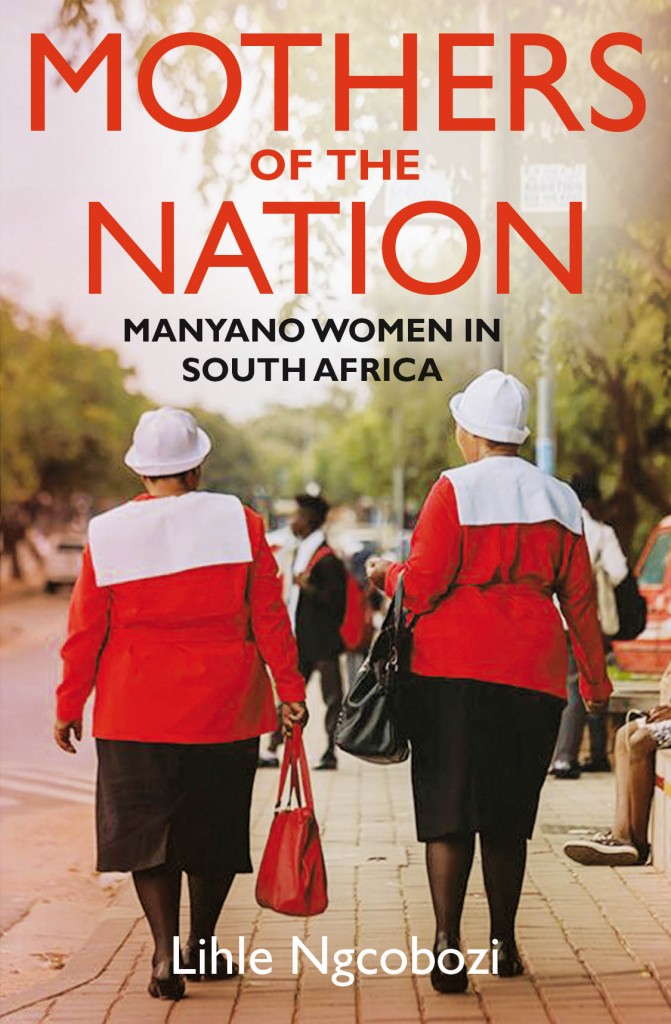
‘Whenever I see a Manyano woman, I see a woman who has the world in her hands and has the power to make things change because of the power that is prayer." - Stella Shumbe
Lihle Ngcobozi, herself the progeny of three generations of Manyano women, takes an original, fresh look at the meaning of the Manyano. Between maledominated struggle narratives and Western feminist misreadings, this churchbased women's organisation has become a mere footnote to history.
Long overlooked as the juggernaut of black women’s organising that it has been and continues to be, the Manyano has immense historical and cultural meaning in black communities across the country. To this day, it is still evolving to meet the changing needs of black South Africans.
Here, the Manyano women speak for themselves, in an African feminist meditation rendered by one of their own.
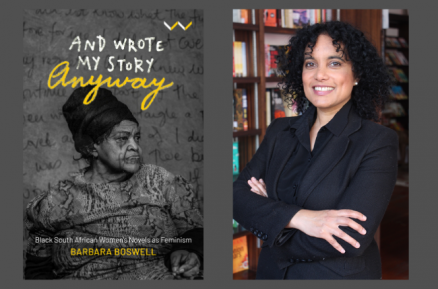
New Article:
And Wrote My Story Anyway, Barbara Boswell
Book Launch Response by Dr. Mandisa Haarhoff
 SLiPStellenbosch Literary Project
SLiPStellenbosch Literary Project 